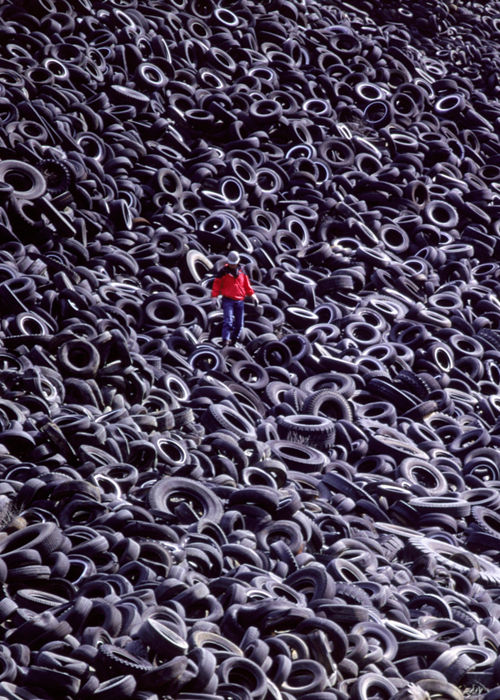The circular economy of products is a determining factor in achieving full sustainability of human activities and environmental protection. Only with a correct model of production, consumption and recycling of materials and products will it be possible to extend their life cycle, reduce waste and reintegrate them into the production cycle, thereby generating new value and saving our natural resources.
If we take the tyre industry as an example, manufacturers are now required to recycle billions of tyres that have reached the end of their lives every year. In Italy alone, more than 500,000 tonnes of used tyres have to be managed every year. At present, end-of-life tyres (ELTs) are recycled into low-value products, such as road pavements or playground covers, or burnt in waste incinerators with consequent CO2 emissions. However, it is unfortunately not uncommon for them to be simply sent to landfill, when not dumped by the roadside.


